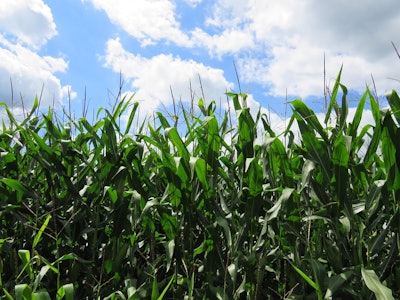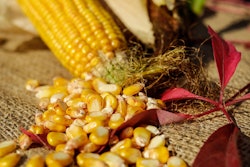
Argentina Corn Production Estimates Decline on Dryness
Argentina’s Rosario Grain Exchange said that the country’s corn harvest could decline to 47.5 million tonnes down from an earlier estimate of 50 MMT.
Corn planting started in September with soy starting this month. Dryness in western growing areas is prompting some farmers to plant soy over corn.
Farmers have also been reducing corn acres in favor of soybeans as a type of hedge against the political uncertainty of future trade policy.
Argentina is expected to increase and expand the grains export taxes if the leftist candidate wins the presidential election on October 27.
Dryness has also prompted the exchange to cut its 2019/20 wheat crop estimate to 20 MMT, down 7% from its previous forecast.
Argentina is a major exporter of corn, wheat, soybeans and is the largest exporter of soybean meal.
FBN’s Take On What It Means: A reduction of Argentina corn supplies combined with the prospect of rising export taxes could be beneficial for the U.S. farmer. Less supplies available for export in Argentina could provide support for U.S. corn prices by helping to simulate export demand.
Russia Wheat: 18/19 Production Climbs But Dryness Impacting Plantings
Russia’s 18/19 wheat crop continues to grow as agri-consultant, SovEcon raised production estimates by 500,000 MT taking the crop to an estimated 75.4 MMT.
Favorable weather in the eastern spring wheat producing part of the country helped increase yields.
SovEcon raised Russian total grain production by 2.1 MMT to 120.3 MMT as both wheat and barley yields have been supportive.
Both Russian and Ukraine winter wheat planting is delayed due to regional dryness.
FBN’s Take On What It Means: We believe increasing Russian wheat production can be a negative for US hard wheat prices. In particular we believe that increasing Russian wheat production can pressure local FOB export prices which has the ability to slow exports of US HRW.
The risk of trading futures, hedging, and speculating can be substantial. FBN BR LLC (NFA ID: 0508695)










